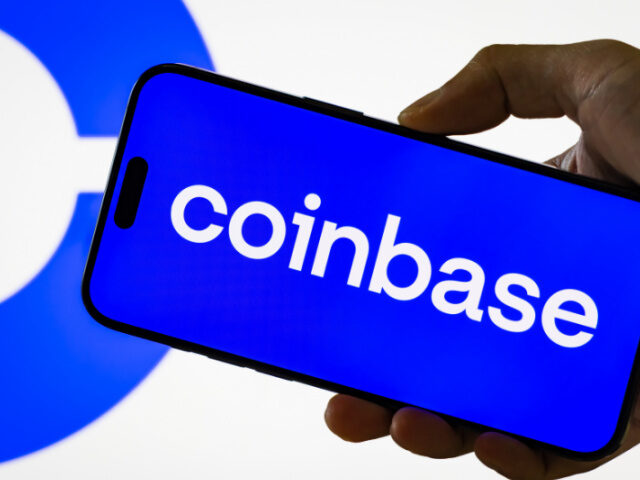JPMorgan Chase, a major financial institution, and Coinbase, a prominent digital currency exchange, have announced a strategic partnership aimed at simplifying cryptocurrency acquisition and custody for banking customers. This collaboration emerges during a period of intense scrutiny over “debanking” practices, where large banks, including JPMorgan Chase, have been accused of restricting banking services to certain businesses, notably those in the fintech and crypto sectors.
Scheduled for full implementation by 2026, this alliance will enable Chase banking customers to directly link their bank accounts to their Coinbase wallets. A highly anticipated feature will allow customers to convert their Chase Ultimate Rewards points into cryptocurrencies at a one-to-one redemption ratio, introducing a novel use for loyalty points. Additionally, Chase credit cards are expected to be usable for funding Coinbase accounts as early as this fall.
Melissa Feldsher, head of payments and lending innovation for JPMorgan Chase, highlighted the strategic importance of this venture, stating that the partnership represents a crucial step toward empowering customers with greater control over their financial futures. She emphasized that by collaborating with Coinbase, the bank aims to enhance the security and privacy of customer data, enabling individuals to utilize their money and rewards in innovative ways.
Feldsher further explained the benefits, calling Ultimate Rewards the industry’s most flexible loyalty program. The integration with Coinbase will now offer Chase customers the unprecedented ability to seamlessly and securely convert their accumulated points directly into various digital assets. This move positions both entities at the forefront of financial innovation, bridging traditional banking with the expanding world of digital currencies.
This significant announcement from JPMorgan Chase follows closely on the heels of a controversial policy decision by the bank to charge fintech companies for each instance a customer’s information was accessed. This move has drawn widespread criticism from the fintech and cryptocurrency industries, with many likening it to “Operation Chokepoint,” a government-led initiative perceived as an effort to push for the “debanking” of these emerging financial technology entities.
Prominent figures within the digital asset space have voiced strong objections to such practices. Tyler Winklevoss, a co-founder of the digital currency exchange Gemini, publicly accused JPMorgan Chase of temporarily halting the onboarding process for his exchange due to his outspoken criticism of the bank’s policies. This illustrates the ongoing tension and complex relationship between established financial institutions and the rapidly evolving cryptocurrency landscape.
A key strategic implication of JPMC’s direct partnership with Coinbase is the establishment of a direct data connection, effectively circumventing the need for third-party data aggregators such as Plaid, MX, and Akoya. These aggregators traditionally facilitate the linking of bank accounts to various third-party financial platforms, including digital asset exchanges like Coinbase, Robinhood, and Gemini.
JPMorgan Chase has expressed concerns that certain third-party data aggregators may be misusing their secure application programming interfaces (APIs), asserting that a significant portion—roughly 90 percent—of customer data is accessed without explicit customer knowledge or consent. An internal JPMorgan memo, as reported by CNBC, revealed that out of 1.89 billion data requests from aggregators, only 13 percent were initiated by a customer, reinforcing the bank’s stance on enhancing data security.
Despite the direct connection established with JPMorgan Chase, Emilie Choi, President and Chief Operating Officer at Coinbase, has affirmed the exchange’s commitment to maintaining its existing partnerships with data aggregators like Plaid. This commitment aims to ensure that American consumers continue to have broad and easy access when connecting their bank accounts to Coinbase, maintaining optionality and convenience for users across the financial ecosystem.






Leave a Reply